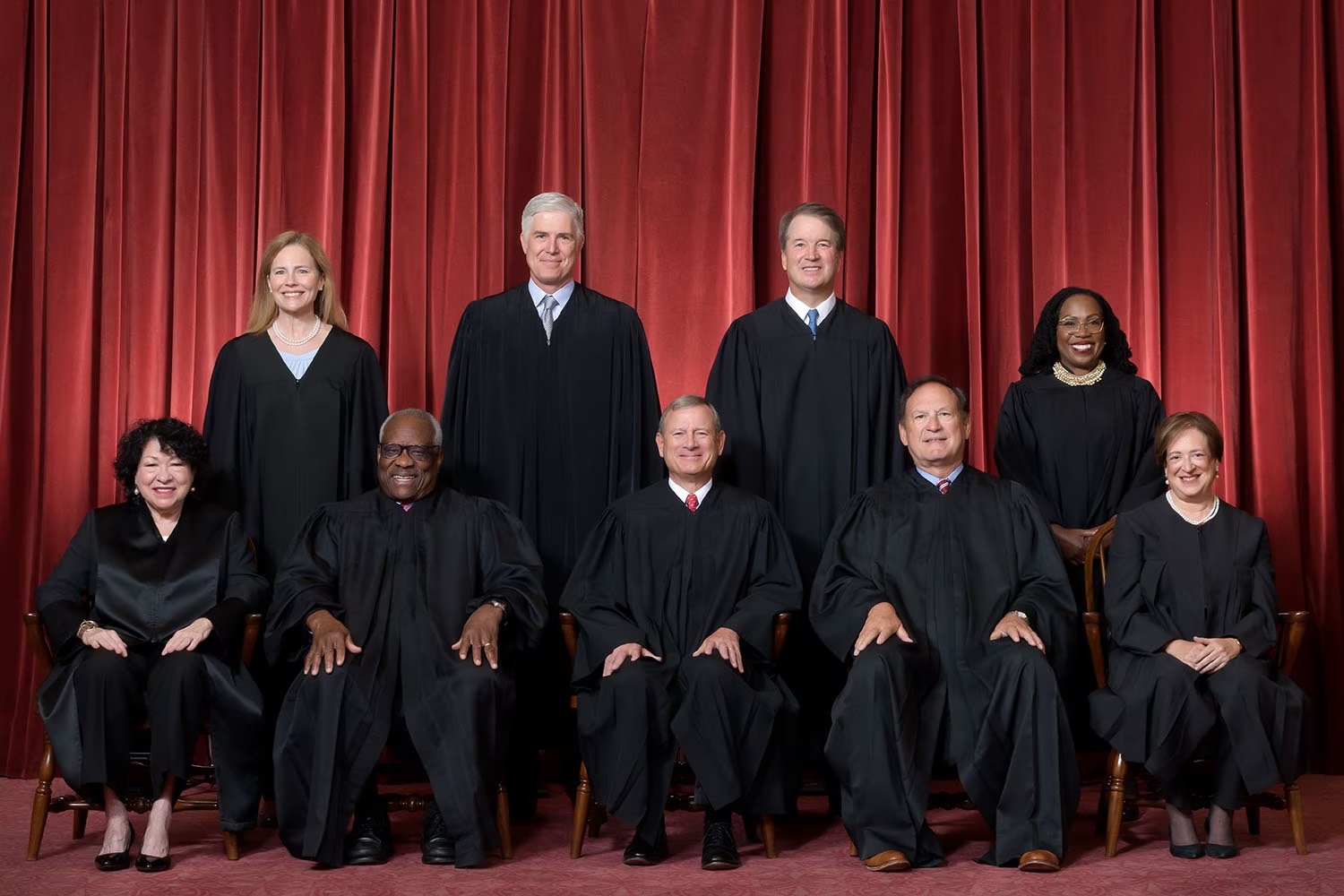A case before the Supreme Court will likely determine how the Clean Water Act is interpreted and the ruling could open up new areas for development within or adjacent to wetlands.
Late last year, the Biden administration issued a new definition of “waters of the United States,” which broadened the numbers of streams and wetlands subject to regulations of the Act. States and national advocacy groups have sued to reverse that provision, and a federal judge has halted it in 24 states.
A case before the Supreme Court, Sackett v. Environmental Protection Agency, may settle the issue. Environmental advocates worry that the justices will gut the Clean Water Act by imposing a narrow reading on what counts as one of the “waters of the United States.”
The court could decide that the federal government doesn’t have authority to protect as many as of half of the country’s wetlands. That action could make many more acres of land nationwide available to developers.
The director of federal water policy at the Natural Resources Defense Council told Grist that the case’s impact is “hard to overstate.” It could make it a “huge problem” to achieve the organization’s water quality goals, he said.
But real estate developers would cheer such an outcome as it would eliminate uncertainty over which areas are subject to the Act, and how they could build on parcels in wetlands areas.
Related Stories
| Dec 27, 2012
Pentagon eases leasing standards established in 9/11 aftermath
The Pentagon has eliminated the stringent real estate leasing standards it put into place following the Sept. 11, 2001, terrorist attacks, reverting back to a version widely used by federal civilian agencies.
| Dec 13, 2012
New OSHA initiatives on tap at AGC safety and health conference
More than 150 industry professionals will discuss the development of regulatory and legislative activity on national and local levels at the Associated General Contractors of America’s health and safety conference.
| Dec 7, 2012
Georgia court limits contractors’ ability to foreclose on liens
The Georgia Court of Appeals ruled in 182 Tenth, LLC v. Manhattan Construction Company that lien claimants such as contractors, subcontractors, and materialmen, may not foreclose on a lien that includes unpaid general condition costs.
| Nov 9, 2012
Mayor in Calif. wants to expedite permits for $1B worth of projects
The mayor of San Jose, Calif., plans to issue new construction permits worth an estimated $1 billion in the next six months to spur job creation and create revenue for the city.
| Nov 9, 2012
Jury awards N.Y. roofer $2 million for injuries after construction site fall
A roofing worker from Cortland County, N.Y., has been awarded $2 million in damages due to the injuries he sustained from a 60-foot fall at a dormitory construction site.
| Oct 31, 2012
Investigators look into crane severely damaged by Sandy in Manhattan
Investigators are examining a construction crane collapse atop a $1.5 billion luxury high-rise in midtown Manhattan due to high winds during Hurricane Sandy.
| Oct 31, 2012
Construction error suspected in Miami-Dade College garage collapse
A construction error is the chief suspect in the partial collapse of a parking garage at Miami-Dade College in Doral, FL.
| Oct 31, 2012
New European laws on timber will go into effect in March 2013
A new European Union timber regulation prohibits the “placing on the market of illegally harvested timber or timber products derived from such timber.”
| Oct 25, 2012
Philadelphia councilmen move to crack down on contractors working without licenses, permits
Two Philadelphia city councilmen are trying to crack down on the "underground economy" of developers and contractors who work without licenses and permits, pay cash under the table, and operate unsafe job sites.
| Oct 25, 2012
OSHA and NIOSH offer Spanish version of nail gun safety document
The Occupational Safety and Health Administration and the National Institute for Occupational Safety and Health have made available a Spanish version of “Nail Gun Safety - A Guide for Construction Contractors.”

















